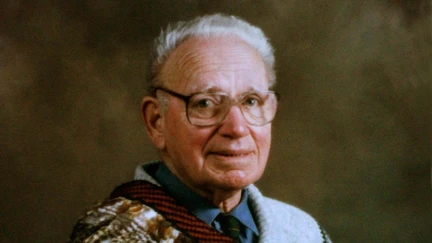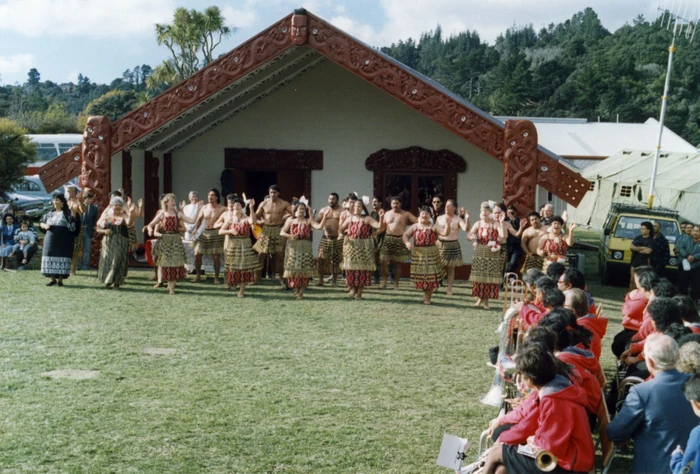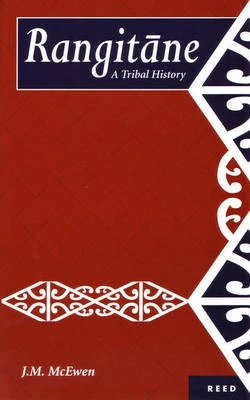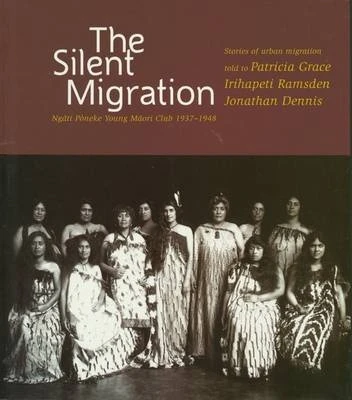Jock McEwen: He kōtuku rerenga tahi
We speak sometimes of special people amongst us who have travelled successfully in two worlds. Quite often there follows the story of one such.

Of a minority culture who has seamlessly stood tall and proud not only in his/her own culture but also in the mainstream – i.e. - Pākehā or Palagi world.
Jock McEwen was living proof of that the reverse may well occur.
Whanaungatanga
On Monday many dear friends and relatives of Jock McEwen gathered to honour a man whose ancestral roots were in Scotland and Perthshire, but whose great-grandparents reached these shores in the very early days of the new colony at Te Whanganui-a-Tara.
One ancestor – not admired by Māori, was John Bryce who led the Pāhuatanga – the destruction of Parihaka, 5 November, 1881 and others of Jock’s family became fluent speakers of Te Reo.
Whanaketanga
But Jock began his school days at Taonui, where his father was headmaster at the local school – which lay very close to Aorangi Marae. It was there, through the guidance of Meihana Te Rama-Apakura, and Kahurautete, and their whānau that he began to absorb te reo , te māoritanga me he kōrero nehe, tō te iwi who would later inspire his writing of the book Rangitāne.
At a very early age, inspired by carvings at the wharenui of Ngāti Kauwhata, he began his lifelong interest in whakairo, creating a patu which he deemed appropriate for himself as leader of the Feilding Boy Scouts’ haka. At secondary school, he excelled in languages – English, French and Latin, but the depression deprived him of the opportunity to leave school to take up, immediately, a university bursary and so he began his university studies whilst still at Palmerston North Boys’ High School.
Tū Rangatira
Please take the time to track down this biography, to acquaint yourself with the details of the life of this unique man, - hei whānaunga, hei kāiarahi, hei kaimahi kawanatanga – including Niue, his niche at Māori Affairs, his work with inmates at Wi Tako prison, his development of a carving school.
Important to him were his roles as a founding member of Ngāti Poneke Young Māori Club, - his involvement with Kingi Tahiwi in composing and supporting waiata in Wellington and later, his huge mahi within the community at Upper Hutt and in the creation of an urban marae - Ōrongomai, where, along with Dovey Katene-Horvath, he assisted Māwai Hakona Māori Club to became a force to be reckoned with, in the development of regional and national cultural competitions.

This picture was printed in greyscale in the 'Leader' on May 30, 1989.
Date Taken: 20th May 1989
Local Māori cultural group Māwai-Hakona, led by Mrs Hine Poa (wearing black), performs prior to the combined thanksgiving service.
This book invites us to understand the immense contribution that Jock McEwen made to the lives of all New Zealanders.
Most people - however much revered - are, in death, more or less ‘replaceable’ in the continuum of life on earth – Jock, himself, came close to proving that there are some who are not.
Six years after his death we are blessed with this story written by his daughter-in-law, Mary McEwen.
Kua wheturangitia a Te Oka, i te korowai o Ranginui.

